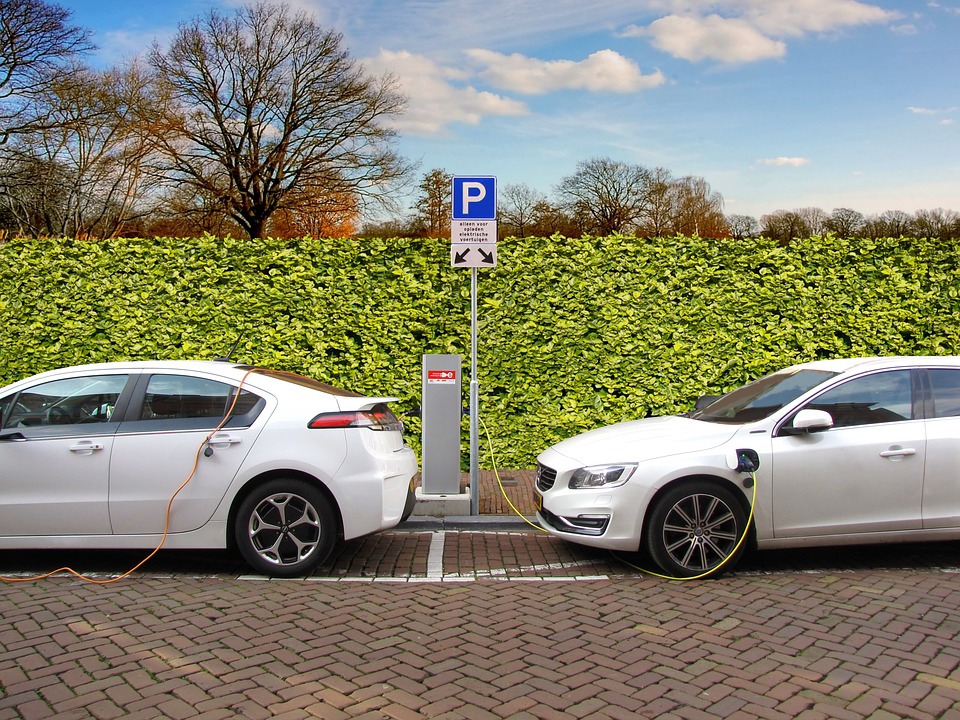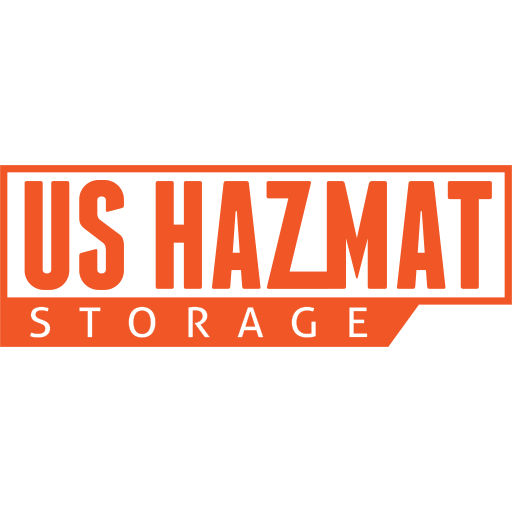Going green hasn’t come without some learning curves. As corporations and nations worldwide look to reduce their carbon footprint, lithium ion batteries have emerged as the cure-all to the fossil fuel epidemic. And with such great praise comes a dire warning: risk of spontaneous fires from improper storage is high.
Unlike traditional batteries?
But what exactly are li-ion batteries? When most of us think about batteries, images of car batteries or even the AAA units we find in our game controllers come to mind. Like traditional batteries, li-ion batteries are portable and rechargeable. They also enhance our lives by allowing us to take computers, smartphones and music streaming devices almost anywhere we want. Gone are the days of being helplessly tethered to wall outlets in our homes.
Harnessing the power

Electrical and mechanical engineering has benefited tremendously from their creation and with any luck, li-ion batteries will help us completely phase out fossil fuels thanks in part to electric cars! But with such great power comes a tremendous burden. These batteries can’t be stored just anywhere. If they are not treated with the respect they deserve, your enterprise can’t go up in flames.
What causes battery-related fires?
Like any hazardous material, li-ion batteries must be self-contained in a climate controlled environment that is away from other dangerous chemicals and workplace equipment. Some of the most common causes of fires that originated from these types of batteries include overheating, overcharging, rapid cell draining, electrical malfunction and an increase in room temperature.
U.S. Hazmat Storage can provide optimal battery protection
We know that sufficient protection and storage are common afterthoughts in the construction industry, but you have to abandon this mindset. Improper storage can not only lead to serious injury or even death, but it can also lead to hefty fines and civil penalties from government agencies. Even if your work-site remains accident free, civil fees could cause you to file for bankruptcy.
A forever tarnished reputation
Disaster as the result of improper storage could also leave a permanent blight on your business’s record. If you don’t heed these warnings, your fledgling enterprise could achieve a catastrophic legacy. Earlier this year, four firefighters were injured while responding to li-ion battery fire that was caused by improper storage. Unfortunately, there is a real risk that the general public will associate the name of this organization with an explosion that injured those tasked with saving their lives.
Two-hour and four-hour fire protection
Our flammable storage lockers come in two-hour and four-hour fire protection selections. But what exactly is a two-hour or four-hour designation? A two-hour firewall or storage locker, for example, would offer you two-hours of fire protection before flames break through the outer shell of the structure. You can apply the same logic to the four-hour variety.
A fire-rated flammable chemical storage building is built with li-ion batteries in mind. These units professionally welded with steel and are compartmentalized to ensure that materials and chemicals, such as batteries, are stored in a temperature controlled environment.

